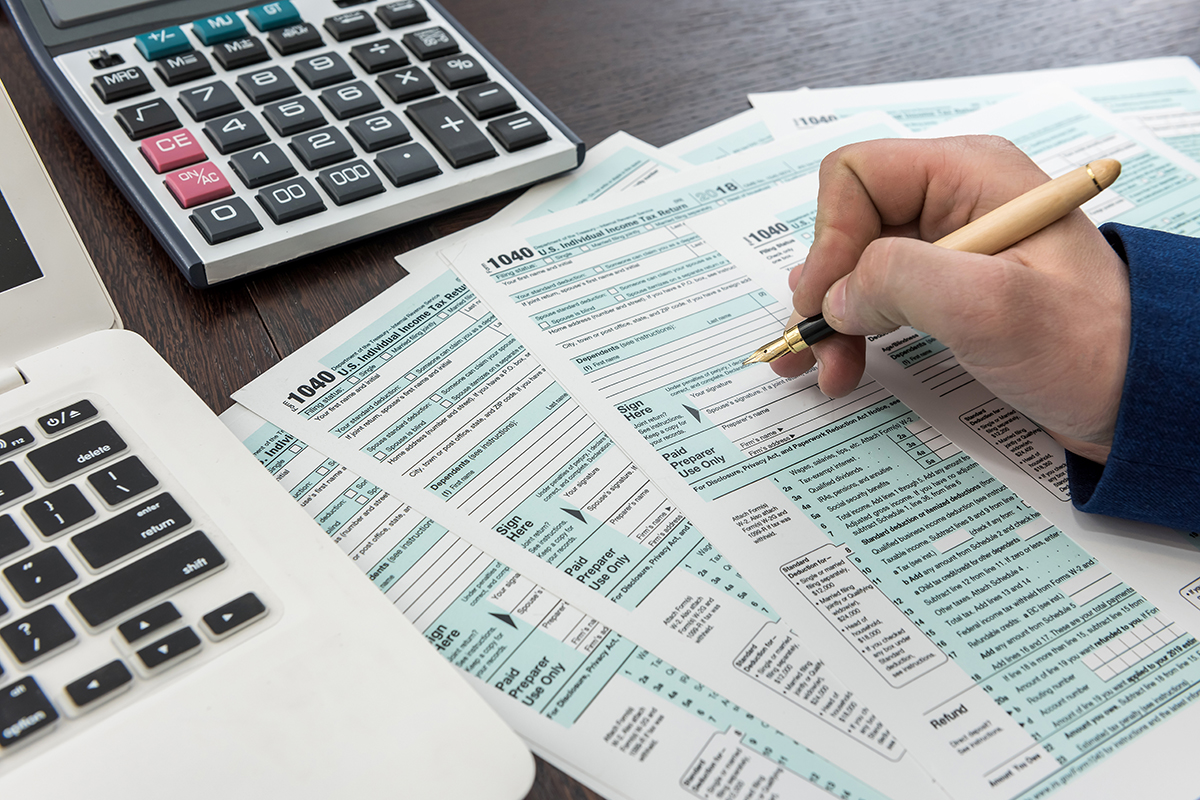The approaching deadline for filing overdue tax returns has potentially $1.5 billion in untouched refunds at stake.
Almost 1.5 million taxpayers have yet to claim their refunds from 2019, with a median payment of $893, as stated by the IRS. The final opportunity to file or correct 2019 returns and claim these refunds is July 17.
With the onset of the Covid-19 pandemic overlapping with the 2019 filing season, many Americans might not have prioritized their filings, says Tommy Lucas, a certified financial planner and registered agent at Moisand Fitzgerald Tamayo in Orlando, Florida. “However, you might be unknowingly giving up on your money.”
Generally, a three-year deadline is applied to claim refunds for returns not filed. Yet, an extended period has been provided for 2019 filers owing to the Covid-19 pandemic.
Lucas suggests filing 2019 returns could result in “a significant payout”, especially for those claiming the earned income tax credit, a tax relief designed for low- to moderate-income workers.
The earned income tax credit is “refundable,” meaning even if the glory surpasses taxes owed, you’re eligible for a refund. Eligible filers could gain up to $6,557 from this tax relief, Lucas mentions, terming it “pretty substantial.”
Yet many taxpayers remain unaware they’re losing out on refunds by not meeting the three-year filing deadline, mentions Sheneya Wilson, a certified public accountant and the founder of Fola Financial in New York. Post July 17, unclaimed 2019 refunds will be transferred to the U.S. Department of the Treasury.
Steps to Begin the Filing Process
The first task in filing your 2019 return is to assemble the necessary tax documents. “We initially instruct clients to access their IRS.gov portal,” states Wilson.
Taxpayers can log in to download IRS transcripts like the wage and income transcript, comprising W-2s and 1099s. Access to IRS transcripts for the current year and three previous years is available.
The IRS notes that this is the fastest and most straightforward option for most taxpayers.
For missing income forms, reach out to your present or past employer. “As most companies and intermediaries must retain tax documents for at least three years, they should be able to provide those documents upon request,” Wilson adds.
Reviewing 2019 Returns Before the Deadline
Lucas says the deadline on July 17 also signifies the last chance to rectify your 2019 tax return, urging taxpayers to “re-examine your 2019 returns” for any overlooked opportunities.
Potential misses could include dependents, contributions to pre-tax individual retirement accounts, or health savings account deposits.
Lucas adds, “If you neglected to include something on the return, you only have three years to rectify it.”
As the July 17 deadline swiftly approaches, taxpayers must review and potentially amend their 2019 returns, ensuring they don’t miss out on unclaimed refunds. With billions of dollars at stake, taxpayers must act swiftly and accurately to capitalize on these funds. If they fail to meet the deadline, they risk losing their refunds, which will go to the U.S. Department of the Treasury. With the proper knowledge and guidance, taxpayers can reclaim what’s rightfully theirs.







